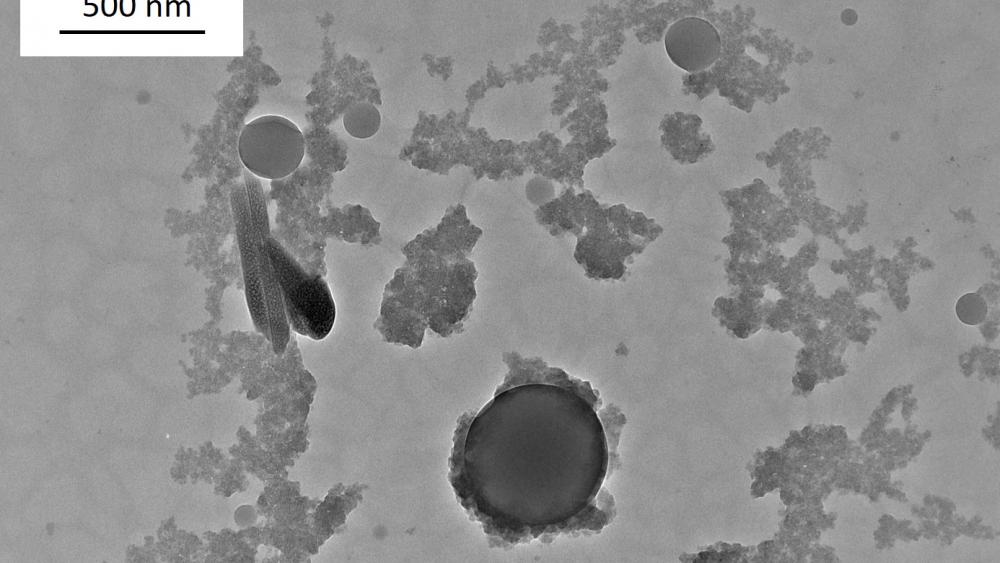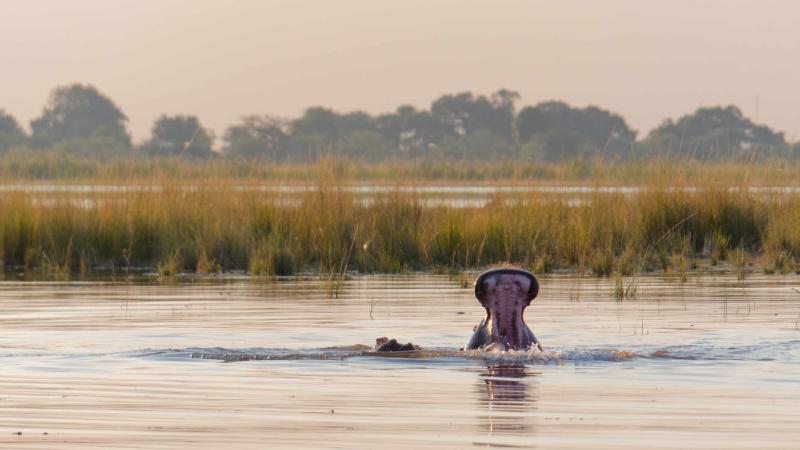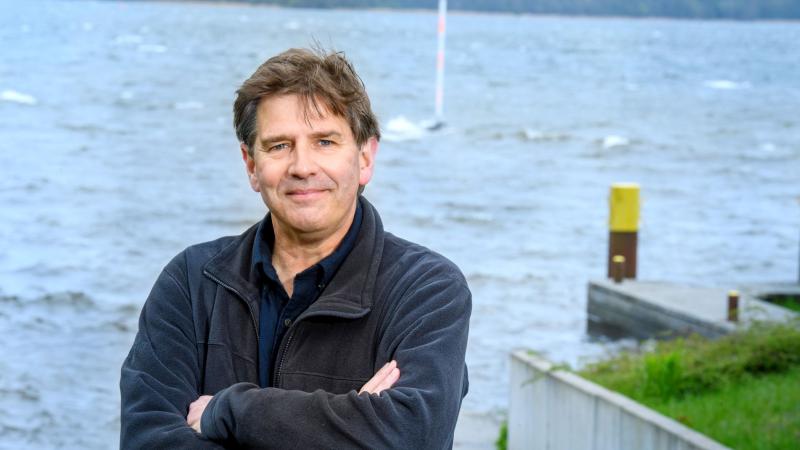
The picture shows nanoplastics in simulated natural surface water that are covered by natural organic matters. I Photo: Fazel Abdolahpur Monikh
Once released into the ecosystems, a retrieval of MPs and SMPs is basically impossible. Prevention directly at the source should be given priority, not costly end-of-pipe solutions. Given the high ecological and health risk of long-term MPs and SMPs emissions, current practices should be improved, and clear and consistent EU policy should be made, especially with perspective to the own environmental goals of the EU. Considerable attention must be paid to the indirect adverse effects of plastics, such as facilitating the development and spreading of antibiotic resistance genes, which might harm human and environmental health alike.
The full IGB feedback can be downloaded directly on the EU website.





